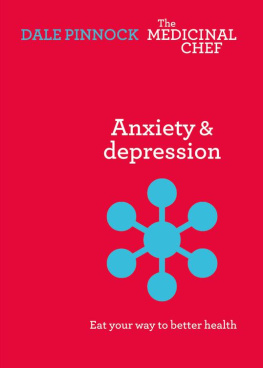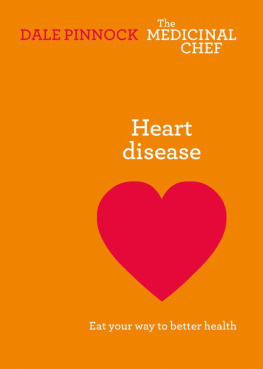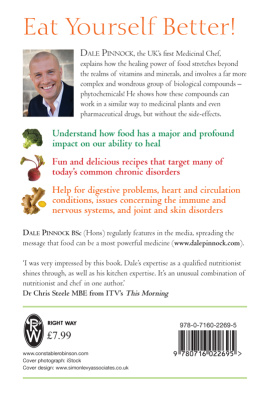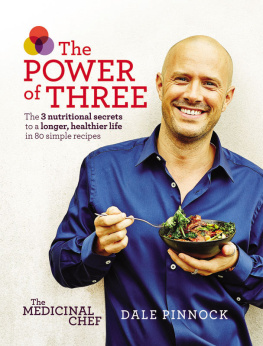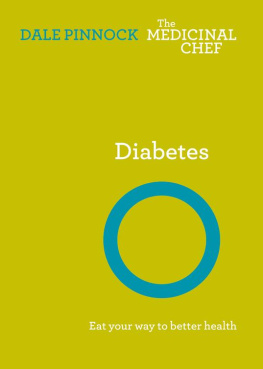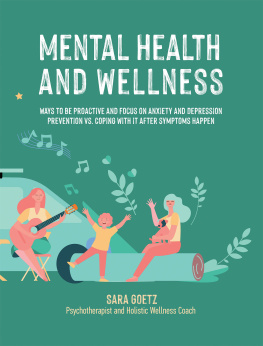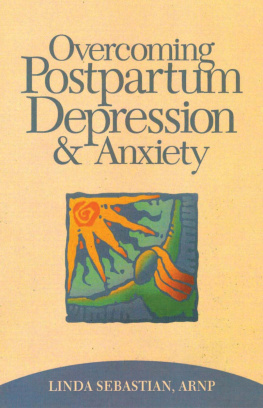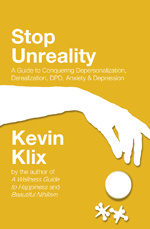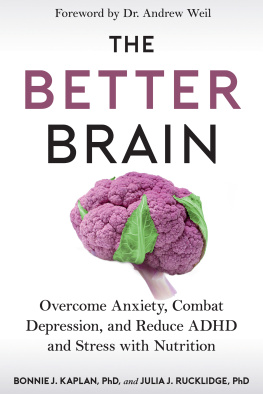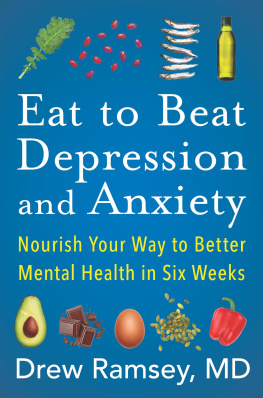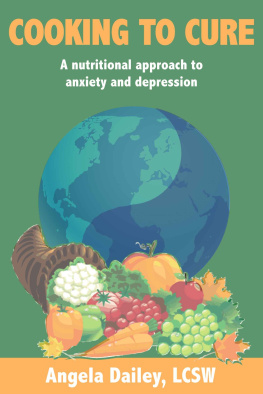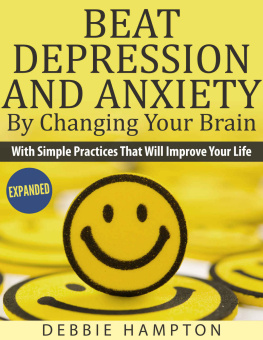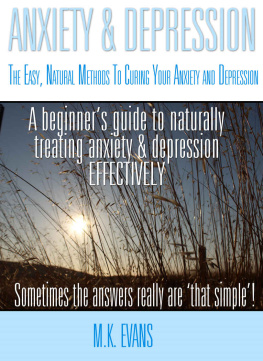WHEN WE THINK OF HEALTH CRISES IN THE MODERN WORLD TODAY, WE MAY UNDERSTANDABLY THINK ABOUT RISING RATES OF CANCER, OR FRIGHTENING STATISTICS REGARDING HEART DISEASE.
Maybe the obesity epidemic springs to mind, or the accelerating numbers of newly diagnosed patients with type-2 diabetes. These are certainly some of the most unnerving, dismaying and above all mostly avoidable health crises in modern life. However, there is one area of our health that is declining rapidly, yet is so often not talked about and further, in many cases, is often treated with disdain, or ridicule. This is our mental health.
We are not talking the full-blown stereotypical clinical mental health breakdowns. We are talking about issues that affect large portions of the population, at a level to which they can still function, but daily life can really become a misery. Depression and anxiety have become serious issues in the modern world. Thankfully, they are becoming more widely recognised and are beginning to be taken far more seriously in primary medical care.
As little as 1520 years ago, depression was far less an accepted long-term medical condition and patients were often treated with a snap-out-of-it mentality, but, with advances in research and campaigning from sufferers and support organisations, recognition of the conditions has greatly improved. In the UK it is estimated that one in four women and one in 10 men will, at some point in their life, experience an episode of depression severe enough to warrant treatment. Most of these cases are in the mild to moderate category and most will be treated in primary care. Women, do seem to be at higher risk for depressive disorders and associated morbidity. This is thought to be as a result of a combination of factors: biological, psychological and sociocultural. Women are of course also open to depression during pregnancy and post-natally due to roller-coaster hormonal fluctuations. These will not be covered in this book, but some of the same dietary patterns are of relevance. Other risk factors for both sexes are chronic or debilitating disease (many sufferers of chronic ongoing health concerns are likely to develop depression to one level or another), family history, lifestyle and socioeconomic influences.
Anxiety is now one of the most common mental health disorders in the UK, but it is greatly under-reported, under-diagnosed and most certainly under-treated. Around 4.7 per cent of the UK population experience anxiety and around 9.7 per cent experience anxiety combined with depression! This is significant.
Seasonal Affective Disorder is another issue that is a particular blight here in the UK. It is essentially a depression that comes on in the winter. For a long time it was written off as a bit of the winter blues, or something that was all in the mind and wasnt taken that seriously. Now, however, we have much greater insight and the condition is recognised by physicians globally. The symptoms can be very similar to depression and can begin as early as September and last through until March! Here in the UK, unsurprisingly, we have some of the worst levels of SAD sufferers. Lets face it, for much of the year the sun is little more than a rumour!
Each of the above conditions will be explored more closely in their own sections in this book.
It is clear these issues are on the rise. Why? Well, Id love to have all of the answers, I truly would. But I feel that it is a cumulative effect of many influences of modern life on good old planet Earth. At no other point in history have we been placed under more unrealistic pressures. We have created a situation for ourselves that is far removed from how we were supposed to live. We are facing stress at a level never before seen. Dont forget, our physiology is still the same as it has been for hundreds of thousands of years. It hasnt caught up with our rapid evolution (perhaps read that as devolution?). Our stresses used to be famine, or predators. Now we are facing insane pressures to succeed, pressures regarding how we live in comparison to others. Pressures on our finances. We are in an age of unmatched communication capacity, yet feel more isolated and alone than at any point in history. We are living in madness.
Then, of course, there is the food. That is where I come in. The food that dominates in the modern world is despicable. Can food cause depression or anxiety well, to be honest, I have no belief that it does in and of itself. But what I do believe is this:
A) It can be a major contributing factor. Lets not forget that our brain and nervous system is an organ and tissue system that, like any other, has its own unique and specific nutritional needs. If these are not met, then the functioning of the system will be impaired.
B) I think food can be a very valid, effective, safe and affordable part of the treatment protocol. Not an alternative. Im talking about a strong and valid part of the picture. If our brain and nervous system is adequately nourished then it will function to its best ability. It can then directly affect how we respond to different situations, how things affect us and how quickly we can bounce back.
With so many influences and pressures, it is hardly surprising that we find ourselves more challenged than ever before. Well, there is little we can do about the world outside, but our diet and lifestyle is the one area where we can exert some control and that is what I will aim to explore throughout this book.
ARE MIND AND BODY SEPARATE,
OR DOES ONE FEED THE OTHER?
I remember many moons ago, when I was doing my access course before going off to University, two of the subjects I studied were philosophy and psychology. Almost every single lesson fascinated me but one area that very soon spilled over into biology, too was the age-old question as to whether mind and body are distinctly separate entities and facets of the human creature or is it that one is the expression of the other? Theologians and thinkers in abundance have pondered over and debated this. Many religions and traditional viewpoints see the mind as the representation of the more spiritual dimension of our existence. In certain areas of psychology, we are just viewed as being the product of our internal biochemistry. There is even a branch of specialist healthcare called mind-body medicine. The truth is, there is no hard and fast answer and that is what makes it so fascinating.
What makes a musical genius, or Albert Einstein, different from those who dont possess such talent? Are they biochemically different? No. Do they have anatomical differences in their brain? Well, sometimes, but even that is not always consistent. There is still mystery surrounding the human mind and the many things that are at the core of our nature and I, for one, am glad that mystery is there. I believe it is meant to be there. Without that mystery, life would suddenly become sterile mediocrity.
We are yet to understand what makes music move us, what causes us to fall in love, what creates our unique spark and quirks, or what gives us our little individual traits. Is it merely the total sum of our perceptions of the world, based on our own experiences, filtered through the five apertures of the senses, that are processed in accordance to other previously held beliefs arrived at in the same way? Is it just a mindless series of chemical reactions and physiological processes and changes? Or is there something else? Something more.

